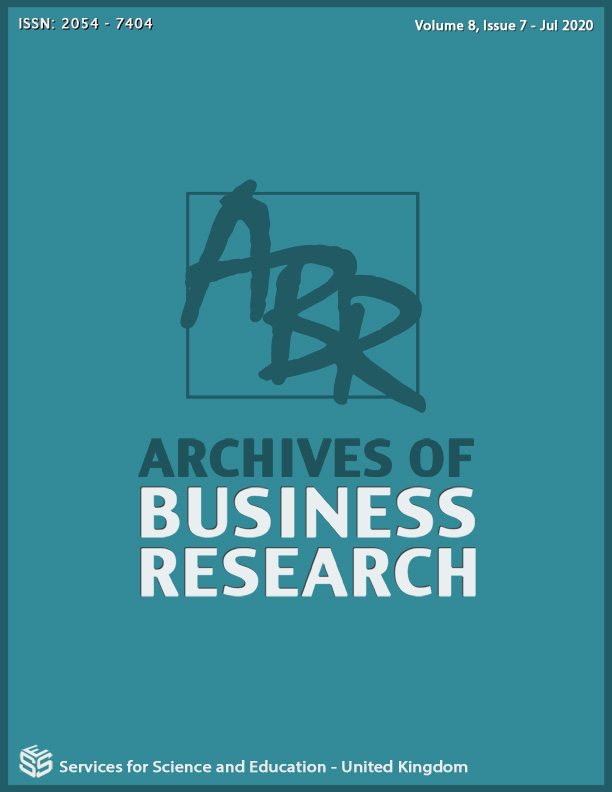Corporate Social Responsibility, Analysis Using the Boston College Method in a Company of the Automotive Industry in Chihuahua
DOI:
https://doi.org/10.14738/abr.87.8623Keywords:
Corporate Social Responsibility; Corporate Citizenship; Boston college method; Automotive Industry.Abstract
The objective was to analyze the social responsibility construct through the Boston College method in a company of the automotive chain in Chihuahua from June to November 2018. The hypothesis to contrast was this: the company of the automotive chain is in its transformation stage to social responsibility. The methodological approach was qualitative, based on the inductive method and the design was transectional, descriptive and not experimental. The sampling frame and units of analysis were based on the list of personnel provided by HR; a structured interview of open questions was applied to seven hierarchical levels of the organization. The main strategic finding is that only 20% of respondents consider that social responsibility is present in the organization; this shows that the personnel is not involved and ignores that the company has social responsibility practices.






